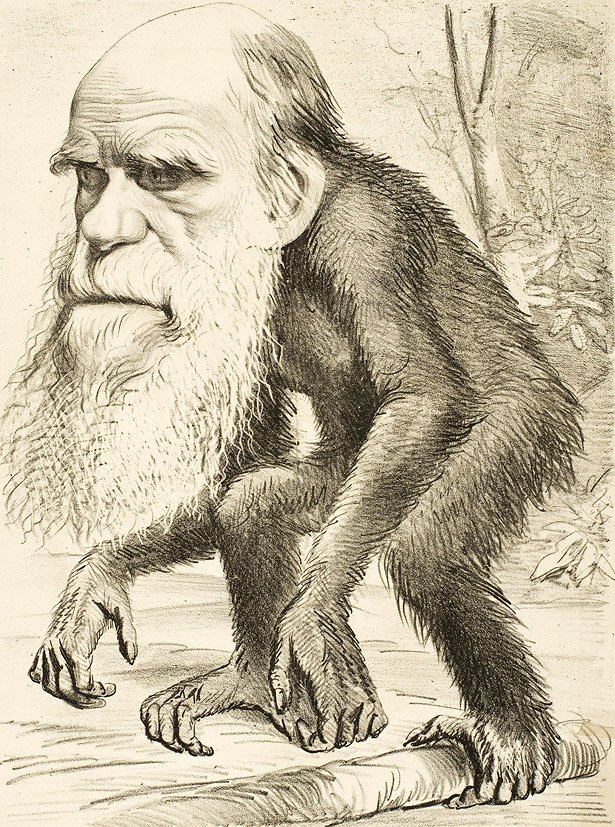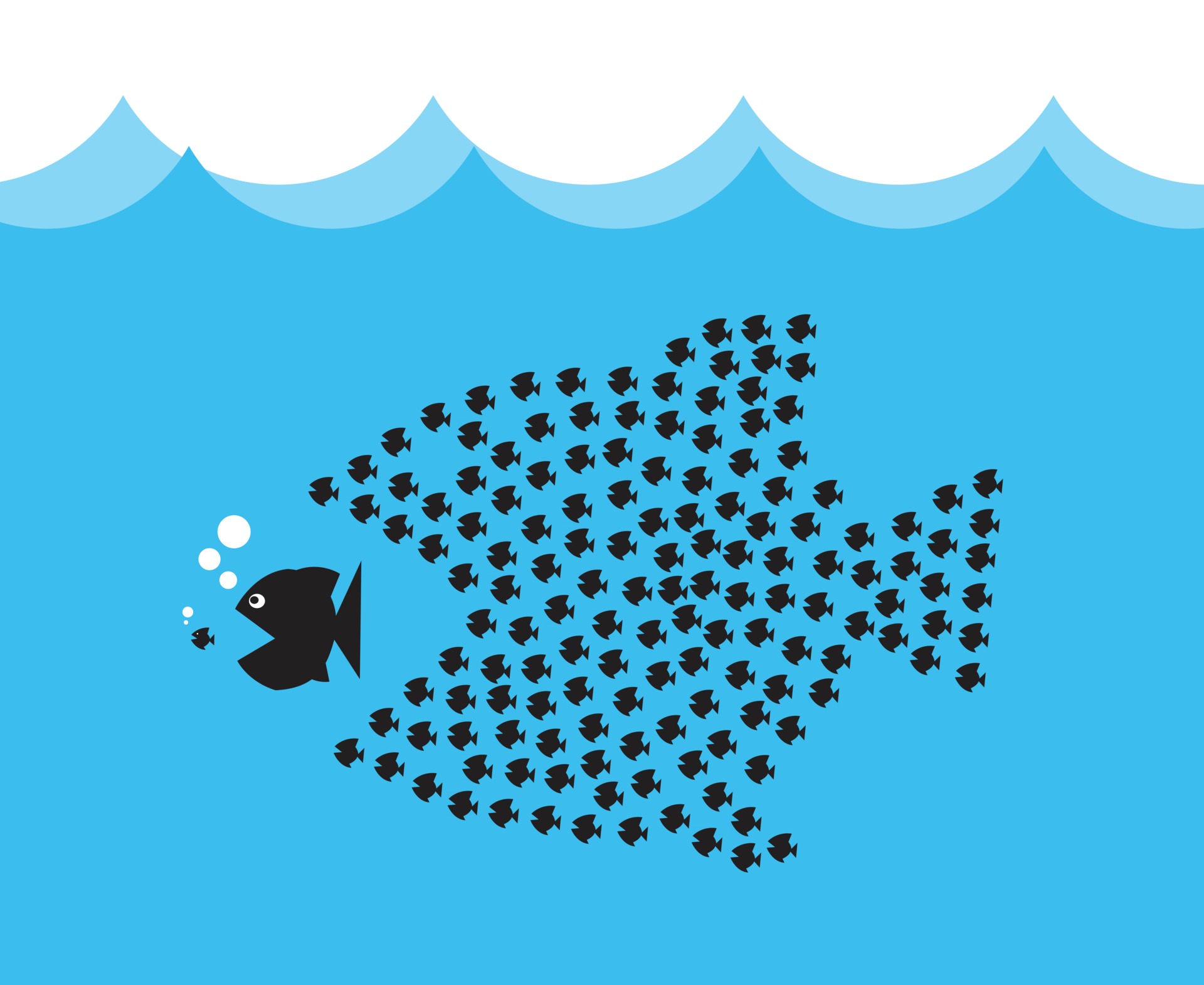
Wiki / Evolution
Inhaltsverzeichnis: (verbergen)
 Text der Genesis auf einer Eierschale |
|
Sow a thought and you reap an action; |
|
Evolution |
| |||||||||||||||||||||||||||||||||||||||||||||||||||||||||||||||||||||||||||||||||||||||||||||||||||||||||||||||||
| Quelle (engl.): ► Gelöschter Audiovortrag vor den Studenten der John F. Kennedy University von ⚡ Ken Wilber (*1949) US-amerikanischer mystischer Philosoph, Vordenker des 3. Jahrtausends, transpersonaler Bewusstseinsforscher, Entwickler der Integralen Theorie, Autor, Integral Education, präsentiert von der Publikation Integral Life, 49 Minuten Dauer, Denver, Colorado, April 2010 |
| Referenz: de.Wikipedia-Eintrag ► Spiral Dynamics |
| Siehe auch: ► Ken Wilber |
| See also: ► Spiral Dynamics consciousness model – according to Ken Wilber's terminology / color scheme ► Passage from force driven controlling ego → self → power dwelling Self |
|
|
| Hinweis: Der Paläontologe Stephen J. Gould (1941-2002) war zeitlebens ein Vertreter der herkömmlichen Auslegung von Darwins Evolutionstheorie. Dennoch wies er wiederholt darauf hin, dass die Weltanschauung des Faschismus (Totalitarismus) mit dem darwinistischen Denkmodell des Überleben des Stärkeren einhergeht. |
Entgegen seinen eigenen wiederholten Forschungsergebnissem, welche die spontane Lebensentstehung unter sterilen mikrobiologischen Laborbedingungen bestätigten, hatte Pasteur zeitlebens die sozialdarwinistische reduktionistische Auslegung der Evolutionstheorie Darwins vertreten. In den Jahren 1860-1880 ging die wissenschaftliche Debatte darum, ob 'Selbstentstehung' [spontane Lebensemergenz] möglich sei oder nicht. Pasteur hatte Bernards Feldthese des Nährbodens erfolgreich unterdrückt.2 Auf seinem Sterbebett anerkannte Pasteur die Gültigkeit der Arbeit seines von ihm zu Lebzeiten verfolgten Kollegen Bernard.
Persönliche Bekenntnisse
Schlussfolgerung
Einsicht
|
Gedicht
Personal avowals / insights
Inspired by Jahnel's meeting with Michael Skinner, Ph.D., US American professor, School of Biological Sciences, Washington State University

Recommendations
New study confirms a comet impact triggered massive wildfires and a temporary cooling 12,800 years ago.
Scientific research result
Conclusion
Newtonian and Darwian false beliefs
Insights
|
Six things Darwin never said – and one he did, presented by the Darwin Correspondence Project

British scholar and chief political economy and demography Thomas Malthus (1766-1834) coined the idea 'We are doomed to an endless struggle in scarcity', a rationale for the East India Company to steal from the world.
The original theory of evolution goes back to Darwin's grandfather. Darwin who had adopted the Malthusian model of scarcity had observed competition and cooperation in nature. In his evolutionary theory he had to subvert the cooperation part as it didn't fit the scarcity theory.
Microbiologist Carl Woese and physicist Nigel Goldenfeld at the University of Illinois in Urbana-Champaign suggest that the evolutionary history may owe its development to the more creative dynamics of self-organizing systems.
|
Evolution in the universes
|
|
Song lyrics

Men are a profoundly social and caring species.
"This new science of altruism and the physiological underpinnings of compassion is finally catching up with Darwin’s observations nearly 130 years ago, that sympathy is [humanity's] strongest instinct." Dacher Keltner, Ph.D., US American professor of psychology, University of California, Berkeley, director of the Greater Good Science Center, author, cited in: removed article 'Survival of the Kindest' – Sympathy is Strongest Human Instinct, presented by the publication impactlab.com, 9. December 2009
Sympathy is the strongest human instinct, sometimes stronger than self-interest.
|
|
The US American social psychologist and evolutionary systems scientist David Loye, Ph.D. (1925-2022) authored Darwin's Lost Theory.
In a scrutinous manner Loye has researched four major works of Charles Darwin:
|
| ||||||||||||||||||||||||||||||||||||||||
|
Loye concludes:
| |||||||||||||||||||||
|
Loye commenting the ongoing Darwin wars since the break of the new millenium:
|
| Sources featuring David Loye, Ph.D. (1925-2022) US American social psychologist, evolutionary systems-theorist, futurist, partnership researcher, founder of the The Darwin Project, author ► List of writings and Current books ► Video interview Darwin in Love with David Loye, YouTube film, 4:20 minutes duration, 8. June 2011 Revealing the other side of Charles Darwin: Love is the motor to human evolution. |
| |||||||||||||||||||||||||||||||||||||||||||||||
| Inspired and deducted by: ► Dr. David Loye, trilogy Darwin and the Battle for 21st Century Mind, Prologue, Revolution and Counter Revolution, book I of the trilogy |
"Reality is that which has the combative vigor to assert itself." Paraphrased quote by Friedrich Nietzsche, German nihilist philosopher
| ||||||||||||||||||||||||||||||||||||||||||||||||||||||||
| Reference: ► Video interview with Frans de Waal, Ph.D. (1948-2024) Dutch US American Candler professor of psychology and primate behavior, director of Living Links, Yerkes National Primate Research Center, Emory University, Atlanta, Georgia, biologist, ethologist, speaker, author, Social Darwinism and the lessons of evolution, # 8, presented by Templeton Foundation, Templeton Book Forum, sponsored by the US Ame- rican general audience science magazine Discover, host Carl Zimmer, YouTube film, 5:16 minutes duration, posted 25. January 2010 Europeans are appalled by the extent of Social Darwinism in America as promoted by British philosopher, sociologist Herbert Spencer (1820-1903) Minute 0:38 Competition and self-interest, fear and greed, implemented into societal structures Failed example: convicted CEO of the Enron Corporation Jeffrey Keith Skilling (*1953), who was a fan of Richard Dawkins' "The Selfish Gene". Minute 4:19 |
| Counter literature: ► Michael A. Cremo (*1948) US American Hindu creationist, archeologist, author, Human Devolution. A Vedic Alternative to Darwin's Theory, Torchlight Publishing, 1. January 2003 |
|
༺ ·❁· ༻
|
| Source: ► Partially inspired by Peter Drucker (1909-2005) US American management consultant, self-described "social ecologist", educator, writer, Warren Bennis (1925-2014) US American scholar, professor of business administration, organizational consultant, pioneer of contemporary leadership studies, author |
| See also: ► Leadership and ► Building conscience and ► Neuro science |
| |||||||||||||||||||||||||||||||||||||||||||||||||||||||||||||||||||||||||||||||||||||||||||||
| Source: ► en.Wikipedia entry Timeline of evolution | |||
| See also: ► Biology | |||
| |||||||||||||||||||||||||||||||||||||||||||||||||||||||||||||
| Literature: ► Bruce H. Lipton, Ph.D. (*1944) US American developmental new cellular biologist, former associate professor, University of Wisconsin School of Medicine, presaged the field of epigenetics [mechanism by which nurture controls nature], lecturer, author, Steve Bhaerman, co-author, Spontaneous Evolution. Our Positive Future (and a Way to Get There from Here), Hay House, 28. September 2009 |
| See also: ► Evolution of human consciousness and ► Animals ► Information Age ⇒ Conceptual Age ⇒ Changing expressions of creativity – Daniel Pink |
|
| Source: ► Article Cosmic accidents: 10 lucky breaks for humanity, presented by the UK-based weekly English-language international science magazine New Scientist, issue 2779, 25. September 2010 | ||
| See also: ► Evolution of consciousness and ► Emergence and ► Language | ||
| Siehe auch: ► Vom Weltbeginn bis nach Mitteldeutschland – Chronologie | ||

Big scary fish
The old
profit maximizing
exclusive
dominating
corrupted system
is declining.

Big self-organizing fish
The new
holistic, regenerative
caring, social
equality based/dignitarian
inclusive system
is rising.
↑
| ||||||||||||||||||||||||||||||||||||||||||||||||||||||||||||||||||||||||
| Sources: ► Video animation, music and data An Introduction To Soul Ages, updated version, YouTube film, 6:32 minutes duration, posted 26. October 2008 ► Book: Chelsea Quinn Yarbro (1942-2025) Finnish Italian US American novelist, author, Messages from Michael – The Michael Teachings, channeled in the early 1970s, first published 1979, new edition March 2005 ► Excerpt: Joya Pope, author of The World According to Michael, Emerald Wave, 1992, Soul Age. Charting the Reincarnational Journey Through the Seven Soul Ages, presented by the publication "The Michael Teachings", undated |
| See also: ► Ken Wilber |
Links zum Thema Wachstum und Evolution / Growth and evolutionLiteratur
Die einzigartige Fähigkeit zu prosozialem Verhalten und Kooperation bei Menschen beruht auf einen kulturellen Verstärkungsmechanismus. Menschen durchliefen eine Art Selbstzähmungsprozess, bei dem habgierige oder aggressive Individuen aus den Gruppen, die ihr Überleben
Literature (engl.)
Content: Between 1860 and 1880 scientists debated whether 'spontaneous generation’ was possible or not. Louis Pasteur, the father of microbiology, had repeatable results of spontaneous generation appearing under sterile laboratory conditions. However, he suppressed his
Darwin's higher-order understanding of sex, the fundamental drive of love and the global bond of community remained long-ignored. Darwin
Tomasello postulates that collective consciousness is unique to humans. It has genetic roots and is not just a by-product of culture. He follows Externe Weblinks
External web links (engl.)
Persian polymath and evolutionary theorist Nasīr al-Dīn Tūsī was a prolific writer, architect, astronomer, biologist, chemist, mathematician, philosopher, physician, physicist, scientist, theologian.
Linkless articles
Included is Timetable of Evolution of Consciousness according to the Mayan Calendar
Audio- und Videolinks
Veranschaulichung der Bewusstseins- und Entwicklungsstufen von Spiral Dynamics
Linklose Medienangebote
Audio and video links (engl.)
Social Darwinian Evolution, the roles of genes and DNA, are questioned in light of recent observations of how living creatures adapt to their immediate environment.
Europeans are appalled by the extent of Social Darwinism in United States as promoted by US American philosopher and sociologist Herbert Spencer (1820-1903). Minute 0:38
Referring to the transition of five sensory outward bound people to multi-sensory inward bound people; the journey from victim to creator
Illustrated wide-angle look at the complexity, complete history of the universe, from the Big Bang to the Internet
The other side of Charles Darwin; love is the motor to human evolution?
Issues of cooperation, reconciliation, sense of fairness, rudiments of morality, civility to heart
Myth #1: The Universe is made of matter. Documentaries and movies on evolution
Confirmed by Courtney Brown, Ph.D. (*1952) US American mathematician, professor of social science, department of political science, Emory University, Atlanta, Georgia, founder and director of nonprofit research and educational organization The Farsight Institute dedicated to the study |
Englisch Wiki
Hawkins
1 David Loye/Riane Eisler; ebenfalls durch James E. Strick, Sparks of Life, The Harvard University Press, 2002 ⇑
2 James E. Strick, Sparks of Life, The Harvard University Press, 2002 ⇑
3 Dacher Keltner, Ph.D. (*1962) US American professor of psychology, University of California, Berkeley, director of the Greater Good Science Center, author of Born to Be Good. The Science of a Meaningful Life, W.W. Norton & Company, 12. January 2009 ⇑
4 Originators: David Loye and Riane Eisler; earlier by James E. Strick, Sparks of Life, The Harvard University Press in 2002 ⇑
6 Problematic Redeemer ◊ Messiah ◊ Savior complex ⇑
7 Nonviolent Communication, Marshall Rosenberg ⇑
8 Article Cosmic accidents: The certainty of chance, presented by the UK-based weekly English-language international science magazine New Scientist, Stephen Battersby, 22. September 2010 ⇑
9 Article No Big Bang? Quantum equation predicts universe has no beginning, presented by the science, research and technology news aggregator Phys.org, Lisa Zyg, 9. February 2015 ⇑
10 See here: Spiral Dynamics – Correlation and Terminology according to Wilber ⇑